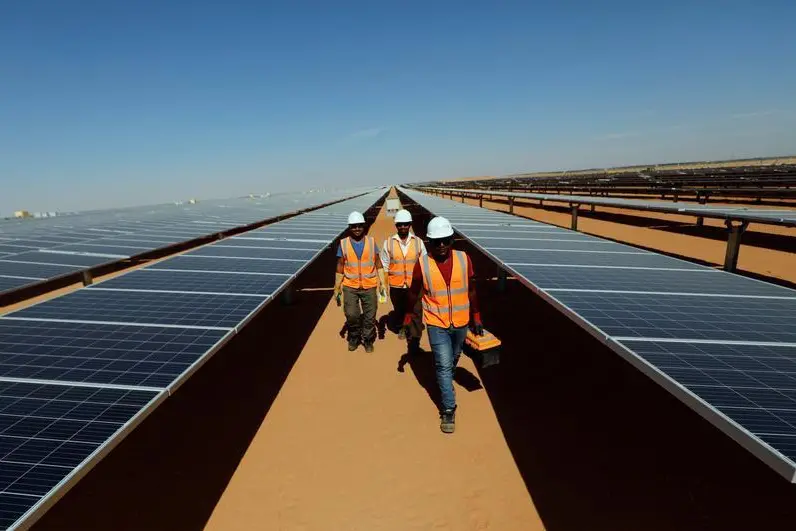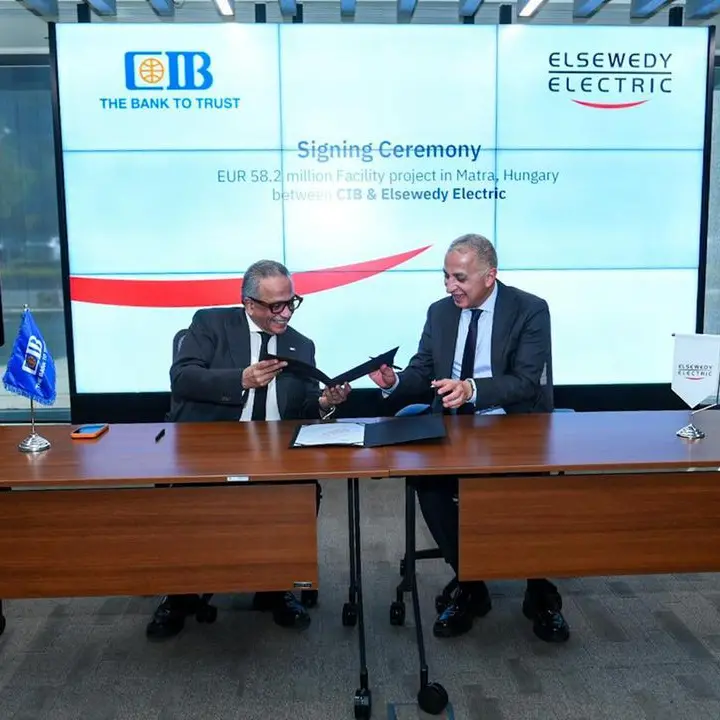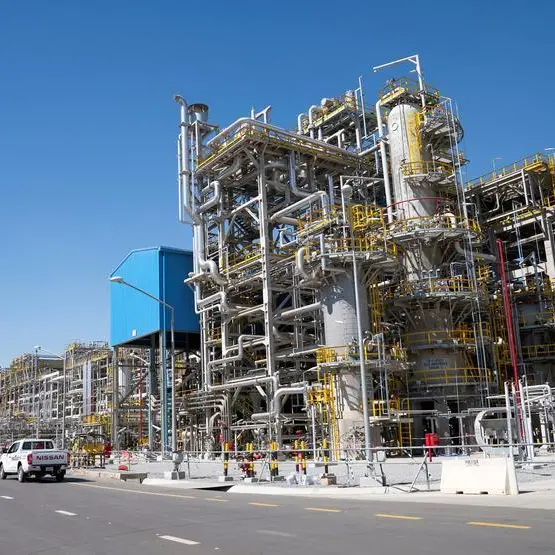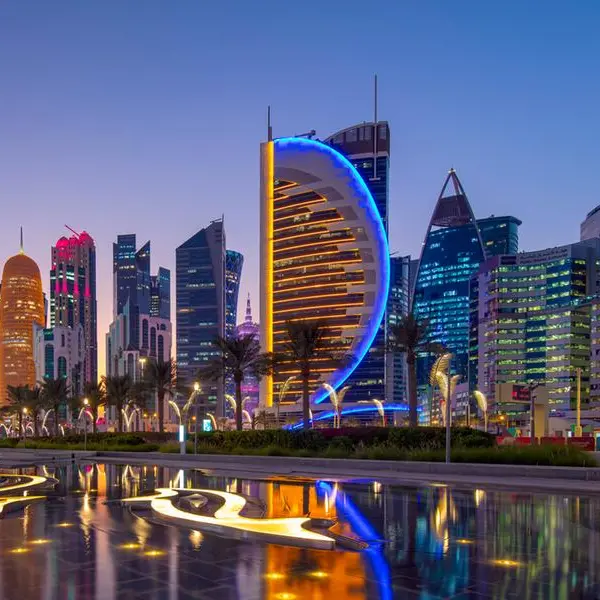PHOTO
Investments of more than $23 trillion are needed to fund renewable energy projects worldwide and a large part of the funds could be raised through Sukuk (Islamic bonds), according to the World Bank.
Demand for green Sukuk is recording sharp growth and the market of such Sharia-based instruments could hit $2.4 trillion by early 2023, said Isam Abu Suleiman, Regional Director for the Gulf countries at the Washington-based World Bank.
“We are witnessing a large increase in demand for Sukuk...nearly $27 trillion is needed for renewable energy projects and Sukuk could play a key role in funding,” he told a conference on Islamic bonds in the Southern Egyptian port of Sharm El-Sheikh.
“We are very pleased to see that the Islamic Development Bank is willing to support the efforts to finance green economy and development.”
Speaking at the symposium, Indonesia’s Central Bank Governor Perry Warjiyo said the “Coronavirus” has prompted the Asian country to “switch to green economy and finance”, adding that Indonesia, Saudi Arabia, the UAE and Malaysia are the world’s largest issuers of green Islamic bonds.
“The value of green sukuks in Indonesia has reached around $4.3 billion…these bonds have positively impacted the green economy in our country and contributed to the establishment of many projects, covering rail and solar energy,” he said.
Addressing the meeting, Egypt’s Finance Minister Mohammed Maait said a “lot of work” is needed to issue Islamic bonds in Egypt.
He said such tools need a “legal umbrella and suitable infrastructure”, adding that Cairo issued a law in 2011 regulating Sukuk issue but it was not enforced.
“But in the past two years we have made some progress…we have issued the Sukuk law and are in the process of activating this law to start issuing Sukuk,” he said.
Nigeria’s Finance Minister Zainab Ahmed told the meeting that the government has issued nearly $1.5 billion in green sukuk and is planning to expand the use of such investment instruments in funding roads, power and other projects.
(Writing by Nadim Kawach; Editing by Seban Scaria)





















